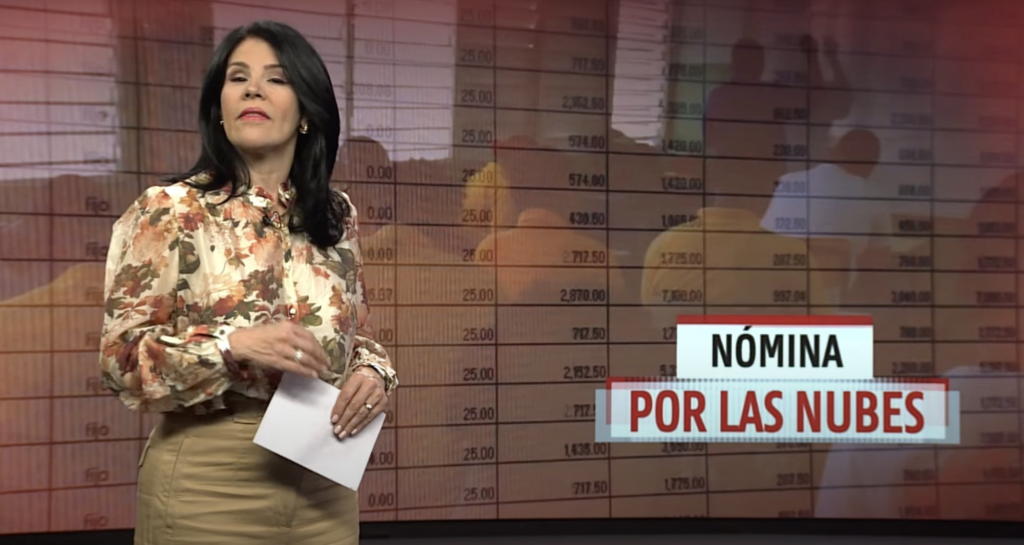
The Dominican Republic’s flagship literacy initiative, the Permanent Literacy Service (SEPA), is facing heavy criticism after an investigation revealed a surging payroll and minimal results, fueling concerns that a key educational program has devolved into a mechanism for political patronage, Noticias SIN on Channel 9 reports.
Investigative journalist Alicia Ortega is looking into the millions that seem to be wasted on wages with little to show.
Despite a massive monthly budget expenditure exceeding RD$111 million and total spending over RD$4.2 billion between 2023 and 2024, the program, run by the Ministry of Education, managed to teach just 4,742 people to read and write in that same period.
The SEPA program was relaunched in January 2024 to tackle the nation’s 6.5% illiteracy rate. However, results have stalled, with the illiteracy rate stubbornly holding around 6% or even slightly increasing in some vulnerable areas, according to reports like the 2025 Enhogar Survey.
In stark contrast to its limited impact, the program’s staff and budget have exploded. Official documents obtained by El Informe show the SEPA payroll ballooned from fewer than 200 employees in 2022 to over 3,500 collaborators by July 2025.
This ballooning workforce includes 320 coordinators, 134 advisors, and 127 analysts, many of whom reportedly could not explain their roles in the literacy effort when questioned by reporters.
Political connections overshadow education
The investigation uncovered multiple instances where individuals on the SEPA payroll are political operatives, pre-candidates, or former officials with tenuous or non-existent links to the literacy mission.
One striking case involves Alejandrina Muñoz Gutiérrez, listed as a coordinator with a RD$100,000 monthly salary, who also appears on electoral records as a 2023 pre-candidate for the ruling PRM party. When contacted, Muñoz denied any involvement in the program, claiming she did not know why her name was on the list.
The investigation revealed that other political figures on the payroll, like Domingo Antonio Adames Estrella and Ángel Ramón Santos Cordero, receive salaries up to RD$100,000 but claimed they were working for the Presidential Management or performing duties unrelated to literacy.
Adding to the irregularities is a severe salary disparity among staff holding the same title. The 320 coordinators, for example, have monthly wages ranging from RD50,000 to RD130,000, with no public criteria offered to explain the differences.
The diminished impact of the important program and its skyrocketing costs are of concern. The poor performance is stark when compared to previous years.
Between 2020 and 2022, before the program’s massive expansion, 21,444 people were alphabetized with a total budget of RD$3.06 billion. The subsequent period saw a much higher cost—over RD$4.2 billion—yield a fraction of the results: just 4,742 people taught.
Civil society groups are sounding the alarm. Leidy Blanco, coordinator for Participación Ciudadana, questioned how a program with such “scarce results justifies such an inflated payroll.” Yajaira Sosa, Executive Director of EDUCA, emphasized that the failure of the literacy program is “not only an educational failure but a barrier to reducing poverty and inequality.”
Despite the gravity of these findings, Ministry of Education officials, including the SEPA director and the director of Youth and Adult Education, have refused multiple requests for comment regarding the program’s operations, salary disparities, or the alleged irregularities.
What was once heralded as an ambitious national education policy is now raising more questions than it provides answers, threatening to undermine the nation’s efforts to eradicate illiteracy.
Read more in Spanish:
Noticias SIN
7 October 2025

